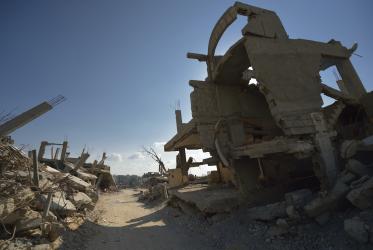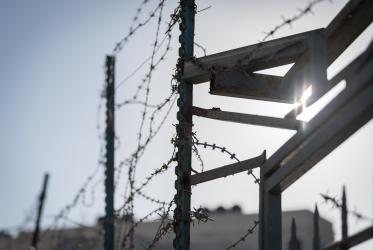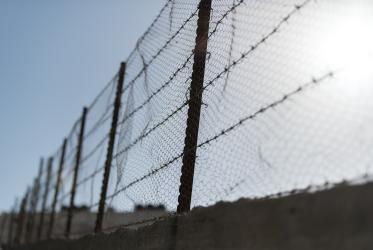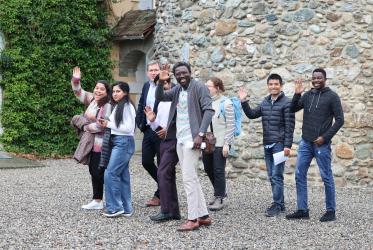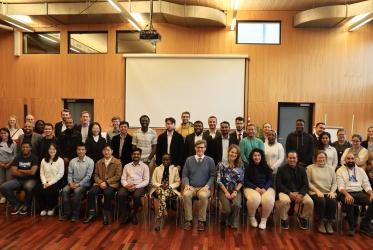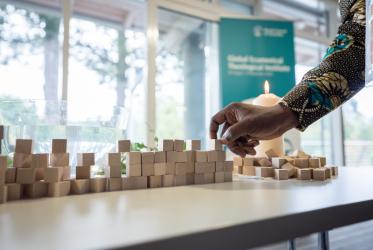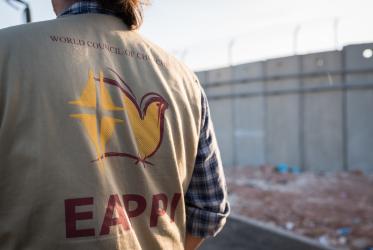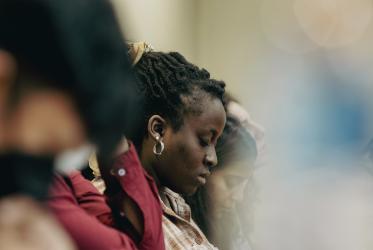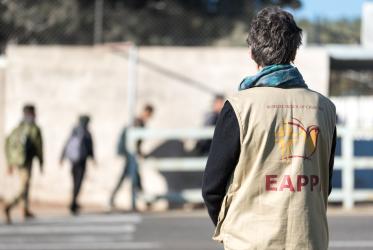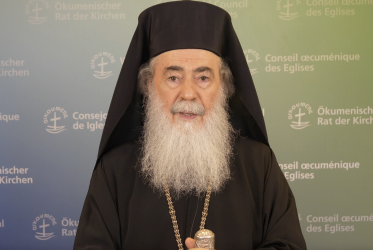Displaying 21 - 40 of 650
Violations of human rights escalate in Masafer Yatta, Jerusalem
30 November 2023
Ecumenical Institute at Bossey shares “Beyond Boundaries” newsletter
29 November 2023
WCC institute encouraged rethinking theology
23 November 2023
Violence against Palestinians is rising in the West Bank
16 November 2023
Regional theological institute will gather young people from Africa
02 November 2023
Dies Academicus 2023 brings hope with deep discourse
02 November 2023
Ahead of Her Time
Pan-African Women of Faith and the Vision of Christian Unity, Mission, and Justice
01 November 2023
Ecumenical accompaniers report growing violence against Palestinians
21 September 2023
Global prayer reflects on spiritual home in the Holy Land
18 September 2023
Chateau de Bossey thriving as lives are transformed
08 September 2023
